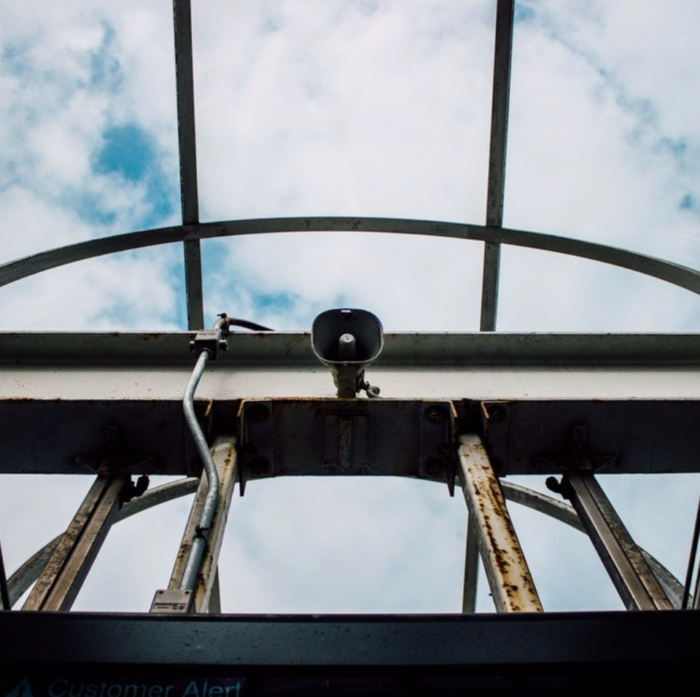
As most of us can attest, social media is integral to almost everything we do on a daily basis. It is all-consuming, almost inescapable at times, and the primary way that people in contemporary, more developed societies engage, discuss and educate ourselves (or others).
It is also the reason why the current climate is so focused on social injustice. We all have instant access to information. We are in charge of our own political awareness and activity. This is great by some standards. We have platforms to learn and share, but we also have a brand new way to bully or harass people who don’t follow the same path.
This is call-out culture, and it’s becoming the new norm. When everyone thinks they’re an authority on a social issue or expects that others should be at the same level of “awareness” that they are, they aren’t afraid to make it known.
“Leftist” ideologies are making their way into mainstream acceptance– especially amongst younger, more radical groups. And these are the people using social media predominately, so how could we expect any less than for digital hubs to become overrun with political discourse?
The problem here is not necessarily the fact that people are resorting to the Internet as a social justice platform, but because they are doing so in a way that’s can be damaging and marginalizing for a number of reasons.
Take the recent Harvey Weinstein scandal as an example. Since the producer was accused of sexually assaulting several notable women in film, female-identifying people all across the web have come out to claim “Me too, I am also a victim of sexual violence.” This is great, in theory. Sexual violence victims have a chance to speak out, find community, support, and solace.
Yet doesn’t this call-out scheme give more attention to Weinstein than he deserves? Yes–especially considering the story has been circulating in popular media for several weeks now. And does it make much of a difference in actually combatting sexual violence? Probably not. It does bring awareness to victims, which should not be discounted by any means. But it’s worth noting the intentions of those doing the call-outs and how their approach can do more harm than good.
For one, public call outs in online spaces are a way for the “woke” to pat themselves on the back. The act is an opportunity for people to call themselves an activist and an ally without necessarily putting in the work. And, in many cases, it’s a means of lateral (i.e. peer to peer) violence between those who should be banding together to fight larger injustice rather than picking apart every little thing within their own community.
This may not be an overt concern in the case of the Weinstein scandal (although there have been accounts of woman-on-woman victim-blaming towards his accusers). However, within other realms–such as discussions regarding race, gender, class, and even veganism–the instances of lateral call-outs are even greater.
Education, especially in a social sense, is a privilege; yet on the Internet, we are behaving as if everyone has the same knowledge and experience (or should). Those with differing opinions, perspectives or educational backgrounds are called out, shut down, dismissed, shamed, oppressed. Even if the people making insensitive (or simply unpopular) comments are oppressors themselves, do they deserve the same treatment that they have dealt?
Call-outs only work under a range of assumptions–that people never change, that everyone has had the same exposure to political resources, that someone is not willing to learn or discuss, and that we know best. Call-outs also ignore this important fact: it’s not our responsibility or our right to police others’ behavior.
If someone is behaving in a problematic way and you feel pulled to address it, first consider “calling in” versus calling out. Speak to them one-on-one (if you can) to discuss the matter, as they are likely to be more receptive to your concerns if you address them in private. Call-ins also tend to be a favorable option for people who want to avoid the attention (and potential for their own public ridicule) that online call-outs can garner.
Now, call-ins are not always safe or feasible depending on the circumstances, in which case resorting to digital platforms may be appropriate.
But even so, not all call-outs are created equal. Before posting anything online, first ask yourself what you want the end result to be. Try to be honest with yourself and keep your side of the street clean. Are you doing this for validation? Is it a power-play? Are you prioritizing the perpetrator’s public humiliation over all else? Are you assuming that you are in a place to determine what’s right and wrong? Are you fighting on others’ behalf without their blessing?
If the answer to any of these is yes, you may want to reconsider your call-out. Either don’t do it at all or re-strategize a tactic that actively works to bring about constructive change and accountability–not add kindle to the fire.
And if you are on the receiving end of a call-out, learn how to respond appropriately. Remain humble, admit mistakes, do not jump on the defensive, keep yourself open to learning and listening. No one wants to be called out in a public space. Knowing the best methods of dealing with it helps keep any conflict from escalating and keeps positive discourse flowing.
The next time you engage with an online call-out, either as the sender or the recipient, keep these considerations in mind. There are many ways to stand by marginalized groups and voice your own subjugation, but if it is feeding your own self-interest, there’s probably a better solution.
Do you have an experience with call-outs?
Also by Quincy: Vegan Corn Fritters With Creamy Salsa Rosa
How To Embrace Balanced Eating After Obsessing Over Healthy Food (Orthorexia)
Get more like this—Subscribe to our daily inspirational newsletter for exclusive content!





